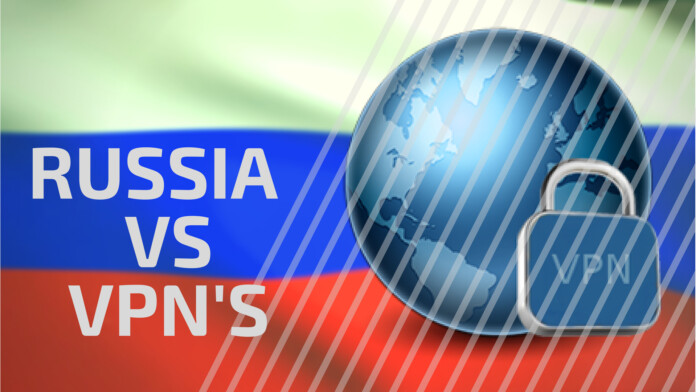On July of 2017, the Russian Federal Federation Council moved to outlaw the use of Virtual Private Networks, the Tor Network, an anonymous mobile messaging. In addition to these, internet proxy services have also been outlawed as Russian President Vladimir Putin signed a bill that prevents

Understanding Why People Use VPNs and Proxies
Virtual Private Networks (VPNs) and proxies are utilized by many net users today for many reasons. These reasons all fall under a general idea, which is to securely connect an individual client, often a PC, to a larger server or provider. In the past, these types of connections were utilized mostly in business settings where large organizations would allow employee access to a secured internal network on the internet while working from a remote location or on the go. Presently, these technologies are becoming more and more common as small businesses and individuals are beginning to use it for multiple reasons. These reasons are:
- Privacy. The first major reason why many people utilize VPNs and proxies is the privacy that they are able to obtain online. When you are connected via a
VPN , websites cannot identify your true IP address. The only address they can see is that of theVPN server. Because there are many people using the same server, you become effectively anonymous. In addition,VPN and Proxy users are able to obtain brand new IP addresses from almost every country depending on the number of servers theirVPN service provides. How you are able to connect to multiple servers across the globe is any connection you make is first encrypted then sent to yourVPN and Proxy providers’ servers. Once this occurs, you are now able to surf online in a stable and secure manner. The security factor with VPNs and Proxies is simply the fact that websites and search engines will be unable to track your online behavior.
- Public Hotspots. Another reason why people use VPNs and Proxies is when they connect their mobile devices to open public Wi-Fi hotspots. For those who are not aware, open hotspots do not usually have passwords. This means that they are unable to encrypt the data being sent between your mobile device and that specific open hotspot. This means you are broadcasting your online activity to anyone who is monitoring. With a
VPN , your online activity secure as it is encrypted even before it leaves your device.
- Web Filters. To most web users, VPNs and Proxies are extremely valuable technologies because they allow individuals to bypass web filters that may be in place at work, school, and even at home. When individuals need to visit a website or service for whichever reason and that website is blocked, VPNs and Proxies will mask an IP address, thus allowing blocked websites to become accessible. In addition, VPNs and Proxies also help bypass things like country-wide internet censorship such as the infamous
VPN block that China ordered Apple to place on its online store.
- Location Restrictions. Very similar to bypassing web filters, VPNs and Proxies also allow individuals to bypass location-based media restrictions. A good example is when new users try to access Netflix from their country; they are not able to access the American or British library. They are only able to access their country’s own Netflix library, which can be frustrating at times especially since the number of shows is limited when compared to what is available in the U.S or in the U.K. With VPNs and Proxies, subscribers can change their IP addresses to that of the U.S, therefore allowing them to access the U.S Netflix library.
- Internet Throttling. The simple truth about most internet service providers is they tend to throttle or slow down internet speed depending on the plans and subscriptions of their subscribers. A very common example of this is peer to peer downloading such as downloading and uploading torrents. As previously mentioned, VPNs and Proxies, all data is transferred through the same encrypted tunnel. This means that internet service providers are unable to know for sure what their subscribers are doing online. This makes it very difficult for them to throttle their internet speeds.

Why Russia is Banning VPNs and Proxies
As many are still wondering why Russia has chosen to restrict the use of VPNs and Proxies, there are a few reasons that could explain so. Many experts believe that it is due to the way the country polices the use of the internet. As Russia may not be as technologically advanced when compared to other countries that already have advanced firewalls protecting their internet, this may be a reason why the law was passed.
Another reason could be the President’s war against online terrorism, which has increased significantly with all the activity in the Dark Web. Online terrorism is viewed by many as a media tactic as opposed to the act of killing people. In today’s internet, terrorist groups such as ISIS are able to utilize the web by recruiting people online. Most use VPNs and Proxies to mask their IP addresses so that the authorities are unable to catch them. Due to the rise of online terrorism in Russia and in Europe, this could be another reason why President Putin passed the law to ban these technologies.
As most Russian netizens view this law as yet another act by the government to control their freedom, it is essential to consider why the government needs to control how the internet is used. Terrorism is a constantly growing global threat and for now, this may be the only way the government can monitor online terrorism.
